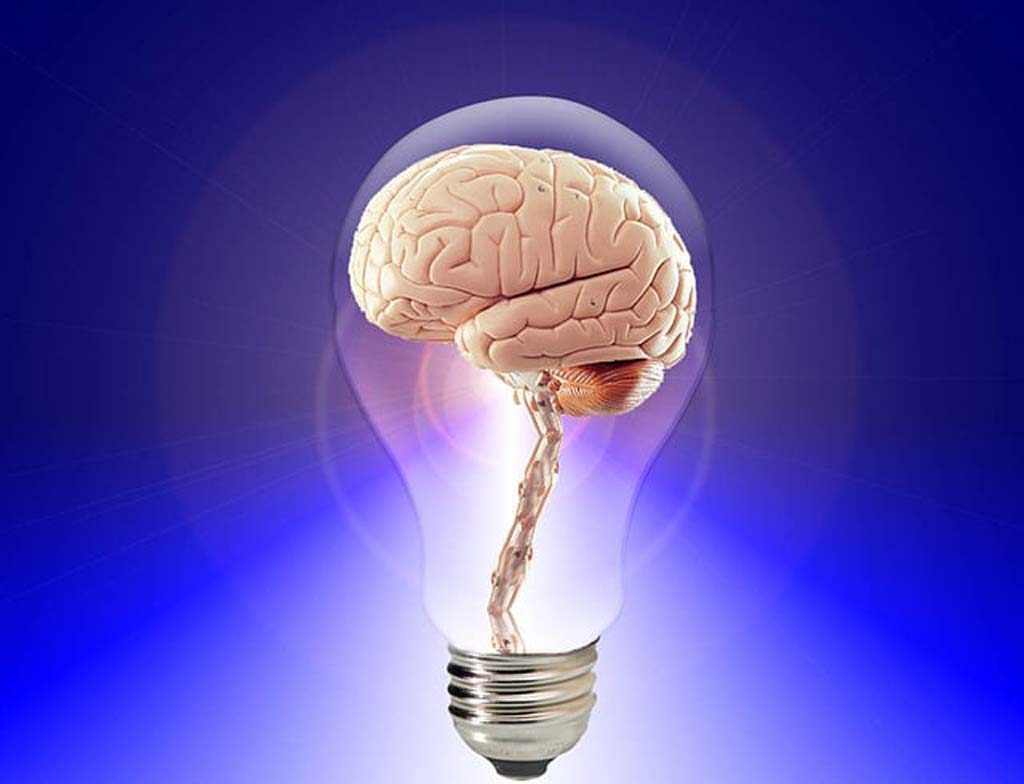
This question was asked by a visitor to our space on Quora. The answer depends upon the age at which you embark on increasing your IQ and your IQ when you undertake the improvement. The answer to the first part is “the younger the better.” When we are young, our brains are much more susceptible to growth through the simultaneous processes of rapid neuron growth and pruning. However, by early adulthood, our intellectual acuity, known as fluid intelligence reaches a peak and goes into a very slow gradual decline.
However, as we acquire experience and accumulate more knowledge, the other component of our intelligence, known as crystallized intelligence increases, bringing our total cognitive power to a peak sometime during middle age (between ages 40 and 60).
Someone of age 60 and average IQ who attempts to increase their IQ to the status of an “extremely high IQ” of 130 or more, is attempting something that has a low probability of success. However, someone of IQ in the 125 range may have an opportunity to reach an IQ of 130 because IQ is a rough estimate of intelligence and doesn’t measure imagination, creativity or intensity of purpose. Physicist Paul Dirac whose IQ was extremely high, was functioning at a high intellectual level as he reached 80 years of age, albeit at a lower level than during middle age. For more information on methods for stimulating your cognition and for some of the research on increasing IQ, visit: Can someone become intelligent at any age? Is there any process? – Intelligence and IQ
